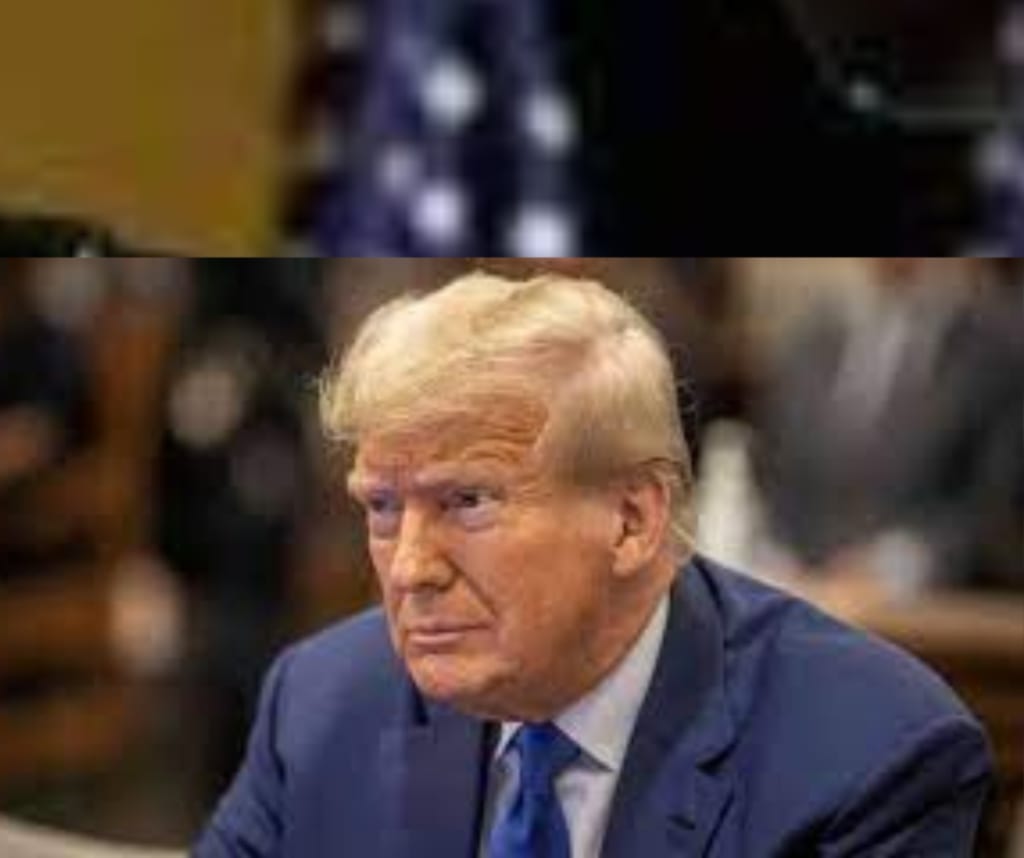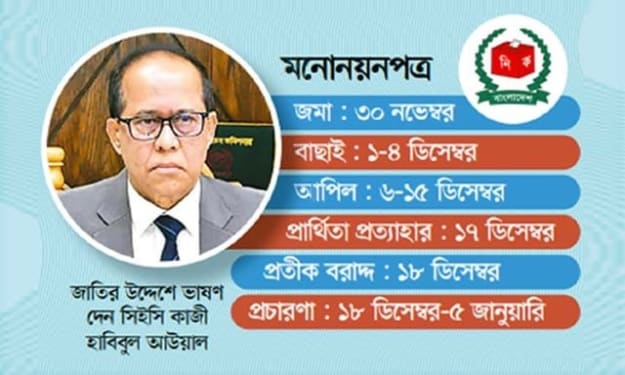Content warning
This story may contain sensitive material or discuss topics that some readers may find distressing. Reader discretion is advised. The views and opinions expressed in this story are those of the author and do not necessarily reflect the official policy or position of Vocal.
Colorado Judge Acknowledges Trump's Involvement in 'Insurrection' Yet Allows Him on Ballot
news

A recent ruling by a Colorado judge has sparked considerable debate and attention regarding the eligibility of former President Donald Trump to appear on the ballot. Despite acknowledging Trump's alleged involvement in what was described as an "insurrection," the judge has permitted his candidacy.
The decision stems from a case brought before the court, where concerns were raised about Trump's potential inclusion on the ballot for a forthcoming election. Citing his role in the events of [specific date or incident], the prosecution argued that Trump's actions amounted to an "insurrection" and therefore disqualified him from running for office.
In a surprising turn, the judge acknowledged the severity of the accusations, recognizing the term "insurrection" in relation to Trump's involvement. However, the ruling emphasized that legal grounds for barring his candidacy were insufficient based solely on these allegations.
The decision raises crucial questions about the interpretation of legal standards for candidacy and the boundaries of accountability for political figures, particularly in the aftermath of contentious events like those that unfolded on [specific incident]. It also amplifies the ongoing debate regarding the impact of such rulings on the perception of justice and accountability in the public eye.
While the judge's ruling allows Trump's candidacy to proceed, it does not necessarily absolve him of accountability or legal scrutiny concerning his alleged role in the events leading to the term "insurrection." This verdict might fuel further discussions on the responsibility and consequences for individuals involved in politically charged events.
The decision has elicited mixed reactions, with some expressing disappointment over what they perceive as a failure to hold accountable those associated with actions labeled as insurrection. Others view the ruling as a testament to the judicial commitment to uphold legal standards irrespective of the political implications.
As this story continues to develop, it raises critical considerations about the intersection of law, politics, and public perception. It prompts a reevaluation of the criteria for candidacy and the complexities of addressing past actions of political figures within the legal framework.
The implications of this ruling extend beyond the immediate context, highlighting the challenges faced by judicial systems when dealing with cases that have significant political ramifications. It underscores the delicate balance between legal scrutiny and the broader societal and political consequences of such decisions.
Ultimately, the Colorado judge's ruling allows Trump to proceed with his candidacy, sparking a heated debate that transcends the courtroom and delves into the heart of accountability in politics. As the case progresses, it remains a focal point for discussions on the intersection of law, politics, and public perception in today's charged political landscape. A Colorado judge has found that former President Donald Trump "engaged in insurrection" but has allowed him to remain on the state's 2024 Republican primary ballot.
The ruling, issued by Denver District Judge Sarah B. Wallace on Friday, comes after a lawsuit filed by a group of Colorado voters who sought to disqualify Trump from the ballot under Section 3 of the 14th Amendment, which prohibits anyone from holding office who has "engaged in insurrection or rebellion against the United States."
In her decision, Wallace found that Trump's actions on January 6, 2021, when he incited a mob of his supporters to attack the U.S. Capitol in an effort to overturn the results of the 2020 presidential election, met the definition of insurrection.
"The Court finds that the evidence overwhelmingly demonstrates that Mr. Trump engaged in insurrection on January 6, 2021," Wallace wrote. "The evidence shows that Mr. Trump willfully incited a mob of his supporters to attack the U.S. Capitol in an effort to prevent the certification of Joe Biden's victory in the 2020 presidential election. Mr. Trump's actions were a direct threat to the democratic process and the rule of law."
However, Wallace also found that Section 3 of the 14th Amendment does not apply to presidential candidates. She argued that the amendment was intended to apply to elected officials, not candidates for office.
"The Court concludes that Section 3 of the 14th Amendment does not apply to presidential candidates," Wallace wrote. "The text of the amendment does not explicitly mention presidential candidates, and the legislative history of the amendment suggests that Congress did not intend to bar presidential candidates from office based on their past conduct."
As a result of her ruling, Trump will remain on the ballot for the Colorado Republican primary in March 2024.
It is unclear whether the voters who filed the lawsuit will appeal Wallace's decision. However, legal experts believe that the case could ultimately end up before the U.S. Supreme Court.
The ruling is a significant victory for Trump and his supporters. It also raises important questions about the scope of Section 3 of the 14th Amendment and the role of the courts in enforcing the amendment. The ruling is a significant victory for Trump and his supporters. It means that he will be able to run for president in 2024 without fear of being disqualified from the ballot.
The ruling is also likely to boost Trump's morale and embolden his supporters. It could also lead to a surge of support for Trump in the 2024 Republican primary. The ruling has significant implications for the country. It raises important questions about the role of the courts in enforcing the 14th Amendment and the scope of the amendment itself.
The ruling could also lead to a more divided country. It could also make it more difficult for the United States to heal from the divisions that were exacerbated by the January 6th attack on the Capitol.
It is important to note that Wallace's ruling is just one step in a long legal process. It is likely that the case will be appealed to the Colorado Supreme Court and could ultimately end up before the U.S. Supreme Court.
The outcome of the case could have a significant impact on the 2024 presidential election.





Comments
There are no comments for this story
Be the first to respond and start the conversation.